2023-October-Nov- Past Papers
IGCSE Accounting (0452) – The Role of Control Accounts and Reconciliation in Past Papers
Control accounts and reconciliation are core topics in IGCSE Accounting (0452). Mastering these concepts is essential for success in both the exam and real-world accounting practices. This article provides an in-depth look at control accounts and bank reconciliation, explaining how these topics are tested in past papers and how students can approach these questions confidently.
What are Control Accounts?
Control accounts are summary accounts used to check the accuracy of transactions recorded in the subsidiary ledgers. These ledgers often include numerous entries for customers (sales ledger) or suppliers (purchase ledger). By maintaining control accounts, businesses can ensure that individual accounts in the sales and purchase ledgers are accurately reflected without needing to check each entry manually.
There are two main types of control accounts:
- Sales Ledger Control Account (SLCA): Summarizes transactions related to customers.
- Purchase Ledger Control Account (PLCA): Summarizes transactions related to suppliers.
In IGCSE Accounting past papers, students are frequently asked to:
- Prepare control accounts.
- Identify errors in the accounts.
- Reconcile differences between the control account and individual ledger balances.
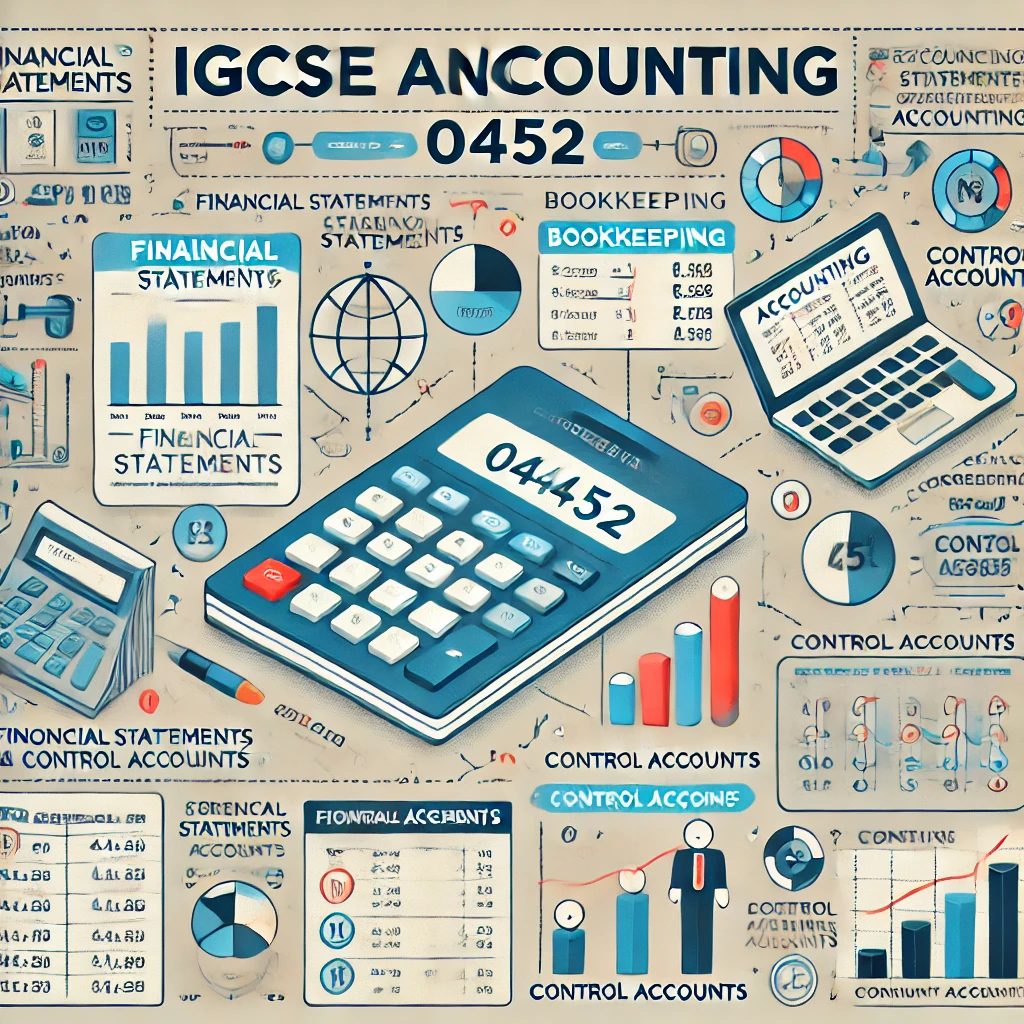
Why Are Control Accounts Important?
Control accounts serve several purposes in financial accounting:
- Detect Errors: Control accounts help to identify errors in the subsidiary ledgers, such as missing or duplicated entries.
- Internal Control: These accounts provide an additional layer of control over the accuracy of financial data.
- Quick Checks: They allow accountants to perform quick checks on the totals of sales and purchases without reviewing every single transaction.
Preparing Control Accounts
In past papers, you will often be required to prepare control accounts using data provided in the question. Typically, the question provides details of opening balances, sales or purchase transactions, returns, discounts allowed or received, and closing balances.
Here’s an example of how a typical control account is structured:
Sales Ledger Control Account:
| Date | Details | Debit | Credit | Balance |
|---|---|---|---|---|
| Jan 1 | Balance b/d | 5,000 | 5,000 | |
| Jan 15 | Credit sales | 12,000 | 17,000 | |
| Jan 30 | Receipts from customers | 8,000 | 9,000 | |
| Jan 31 | Discounts allowed | 500 | 8,500 | |
| Jan 31 | Balance c/d | 8,500 | 8,500 |
When practicing past papers, make sure you:
- Identify all the information given in the question (opening balances, sales, purchases, receipts, etc.).
- Record transactions in the correct debit or credit column.
- Calculate the closing balance accurately.
Bank Reconciliation
Bank reconciliation is the process of comparing a company’s bank statement with its cash book to ensure that all transactions are recorded accurately. This topic is frequently tested in IGCSE Accounting exams, as it requires students to demonstrate an understanding of:
- Unrecorded bank transactions (e.g., bank charges, interest received).
- Timing differences (e.g., cheques issued but not yet cleared).
- Errors in the cash book or bank statement.
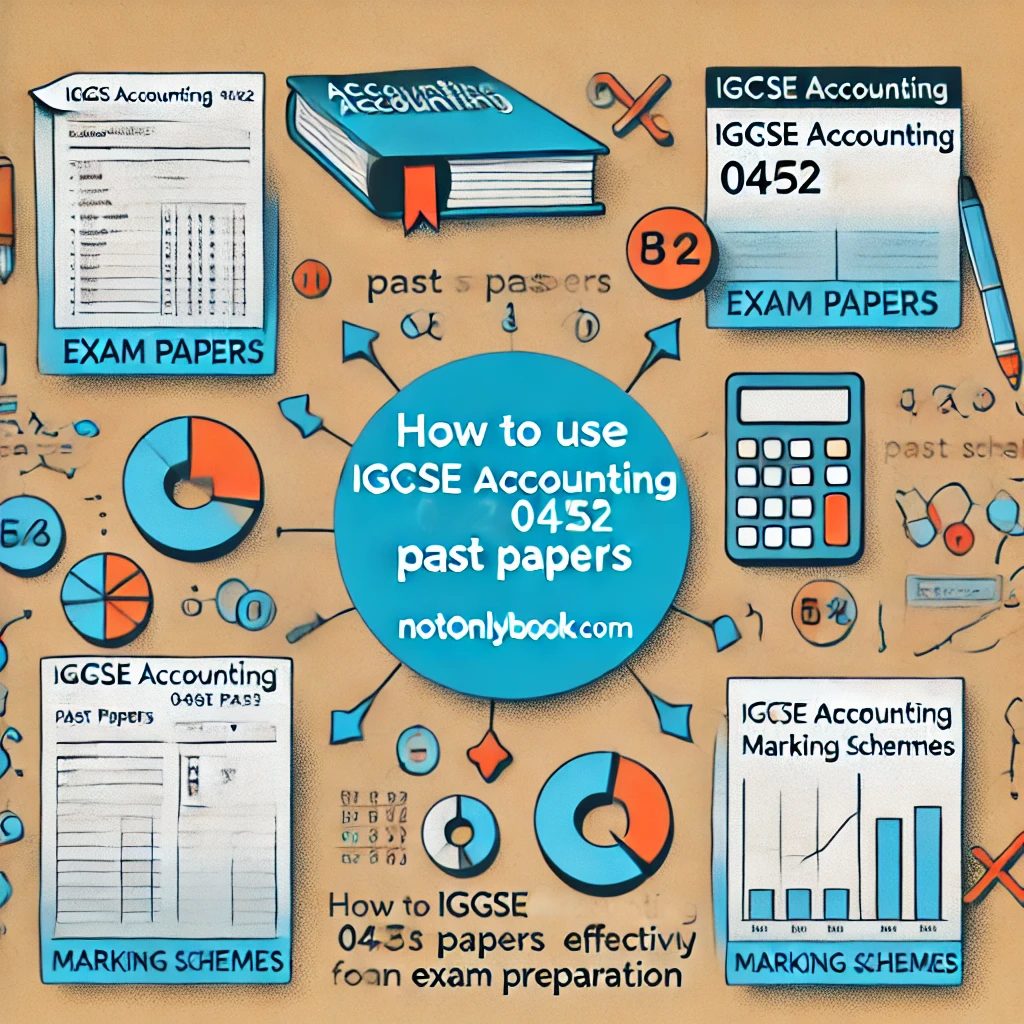
How Bank Reconciliation Appears in Past Papers
In past papers, you will be asked to:
- Update the cash book using the bank statement.
- Reconcile the updated cash book balance with the bank statement balance.
- Identify missing transactions or discrepancies.
Here’s a step-by-step guide to bank reconciliation:
- Start with the bank statement balance: Compare this to the balance in the cash book.
- Identify unrecorded transactions: These might include bank charges or interest earned that haven’t been recorded in the cash book.
- Account for timing differences: For example, cheques issued but not yet presented.
- Update the cash book: Record all unrecorded transactions.
- Prepare the bank reconciliation statement: Compare the adjusted cash book balance to the bank statement balance.
Example Bank Reconciliation Statement:
| Description | Amount |
|---|---|
| Balance per cash book (before adjustments) | £5,000 |
| Add: Cheques not yet presented | £2,000 |
| Less: Bank charges not recorded | £500 |
| Adjusted balance per cash book | £6,500 |
| Balance per bank statement | £6,500 |
Exam Tips for Control Accounts and Reconciliation Questions
- Read Carefully: Past paper questions often provide detailed scenarios with multiple transactions. Read the entire question carefully to avoid missing key information.
- Work Systematically: When preparing control accounts or reconciling bank balances, follow a step-by-step process to ensure all transactions are accurately recorded.
- Check Your Work: Before finalizing your answer, check for common errors such as recording items on the wrong side of the account or overlooking unrecorded transactions.
- Practice Regularly: The best way to master control accounts and bank reconciliation is through consistent practice. Past papers offer a variety of scenarios that will help you become comfortable with different types of questions.
Resources for IGCSE Accounting Past Papers
Several resources are available for students looking to practice control accounts and bank reconciliation questions:
- Cambridge International Past Papers: Cambridge offers past papers with marking schemes, providing students with real exam scenarios and answers to compare their work.
- Save My Exams: This platform offers detailed solutions to IGCSE Accounting past papers, including step-by-step guides to solving control accounts and bank reconciliation questions.
- GCE Guide: GCE Guide provides past papers, examiner reports, and marking schemes that are essential for exam preparation.
Conclusion
Control accounts and reconciliation are critical components of the IGCSE Accounting exam. These topics test your ability to summarize transactions and ensure accuracy in financial records. By practicing with past papers, reviewing marking schemes, and understanding the structure of these questions, students can gain confidence and excel in the exam. Start early, practice regularly, and focus on mastering the techniques required for control accounts and reconciliation to achieve top marks.

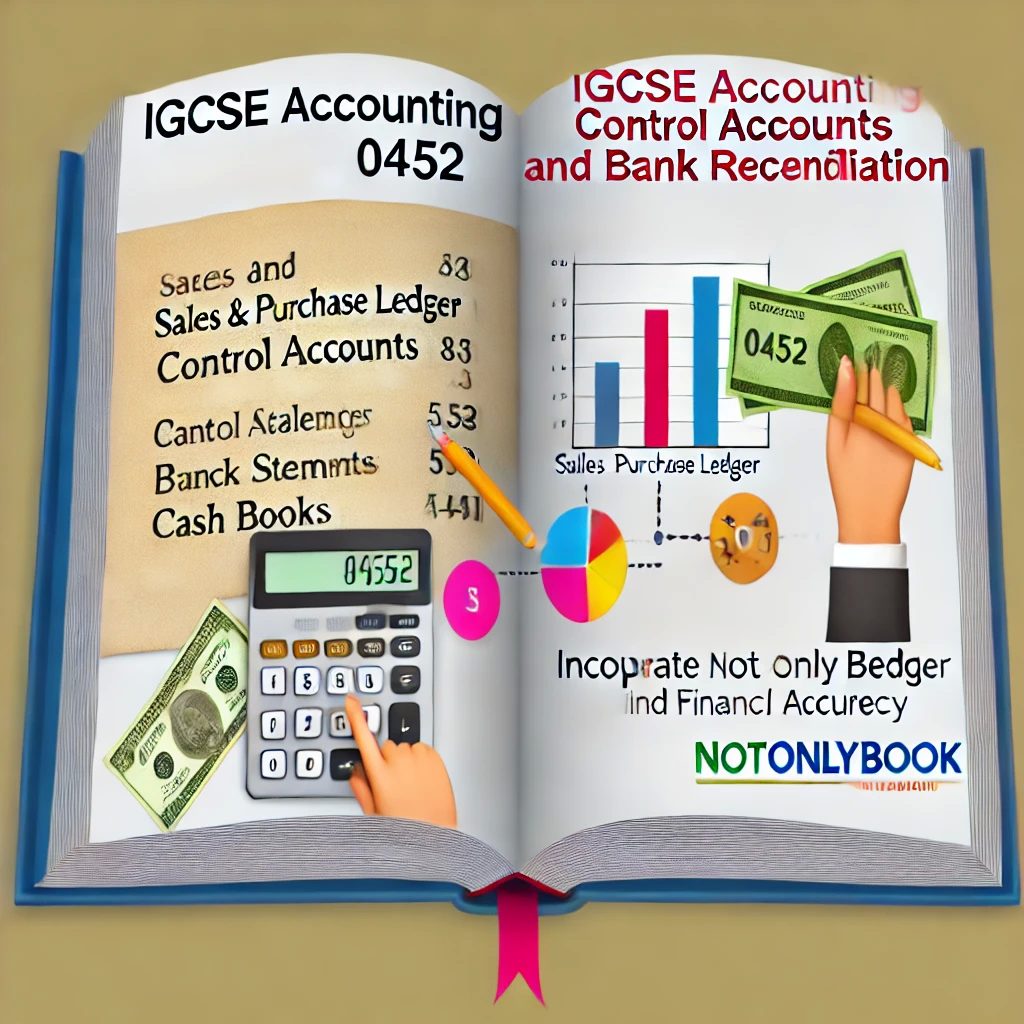

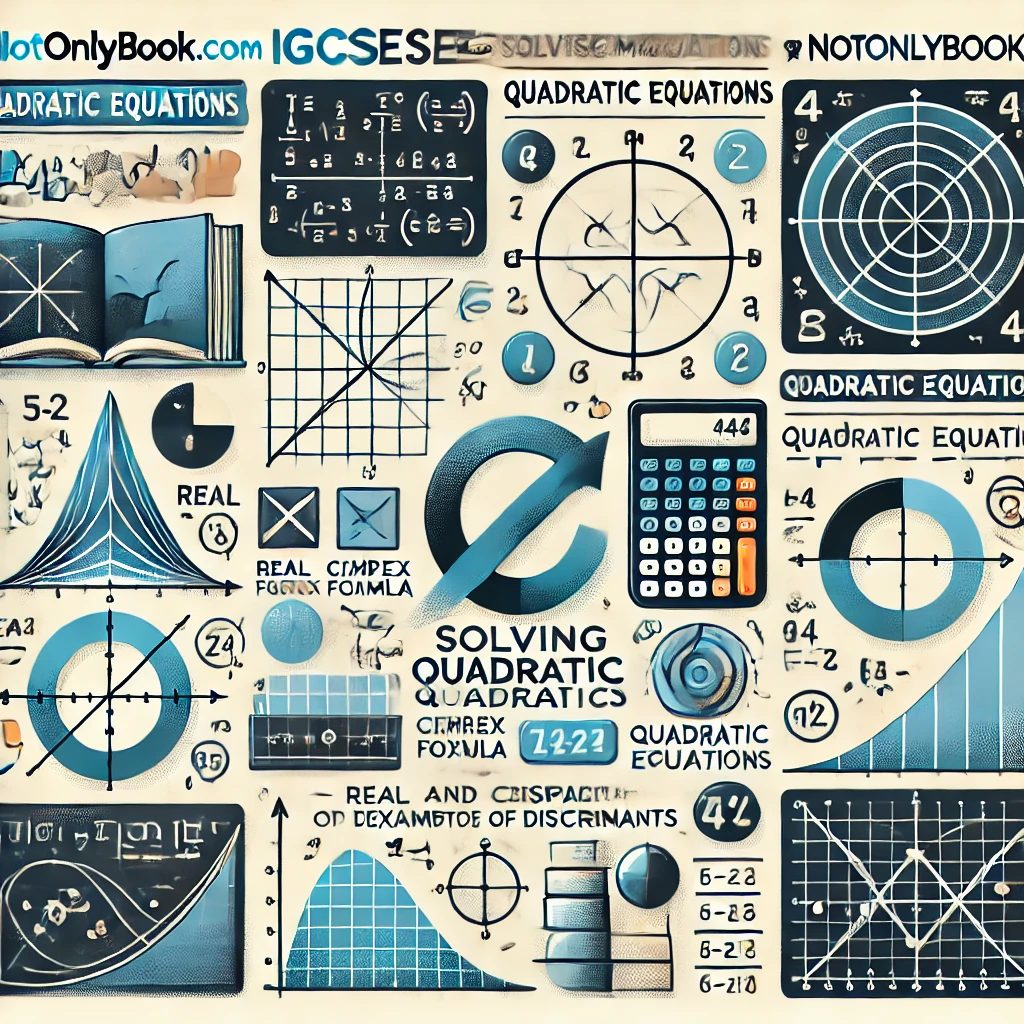
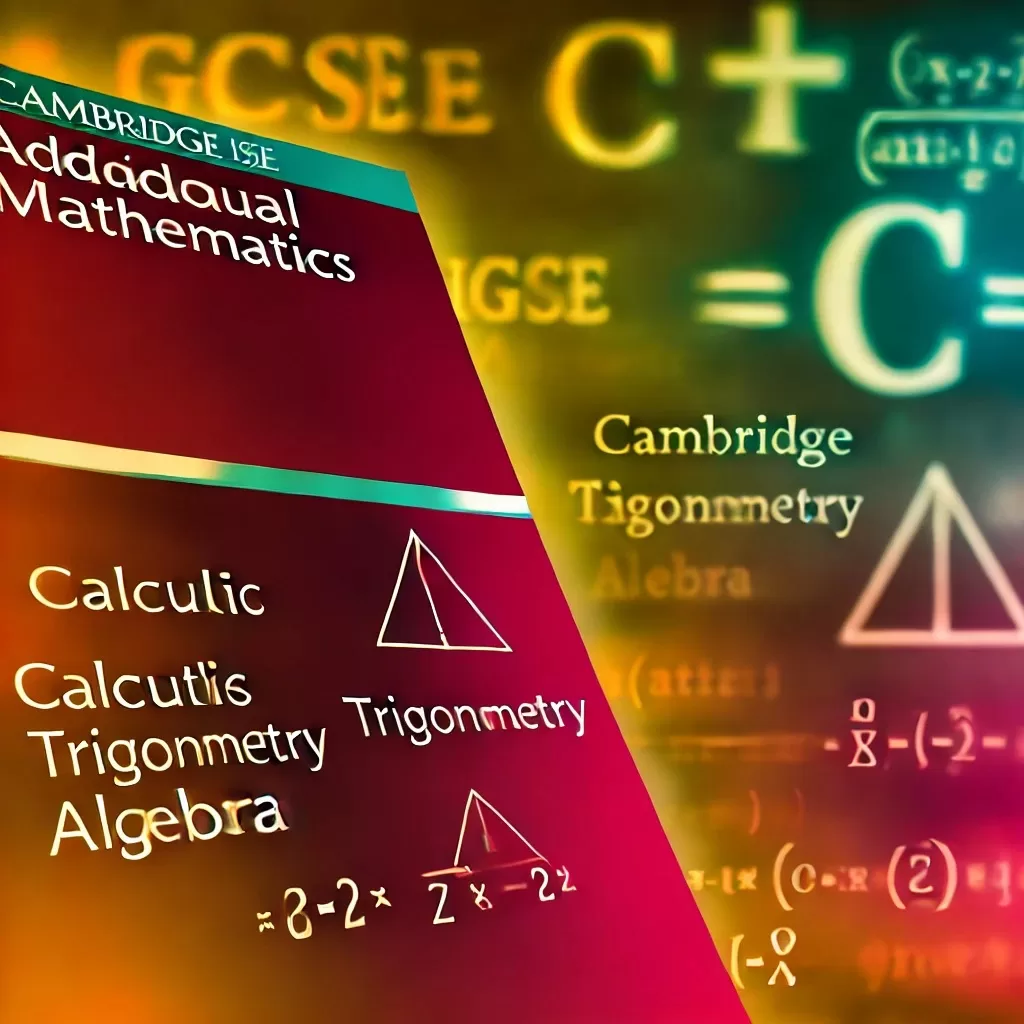
No comment